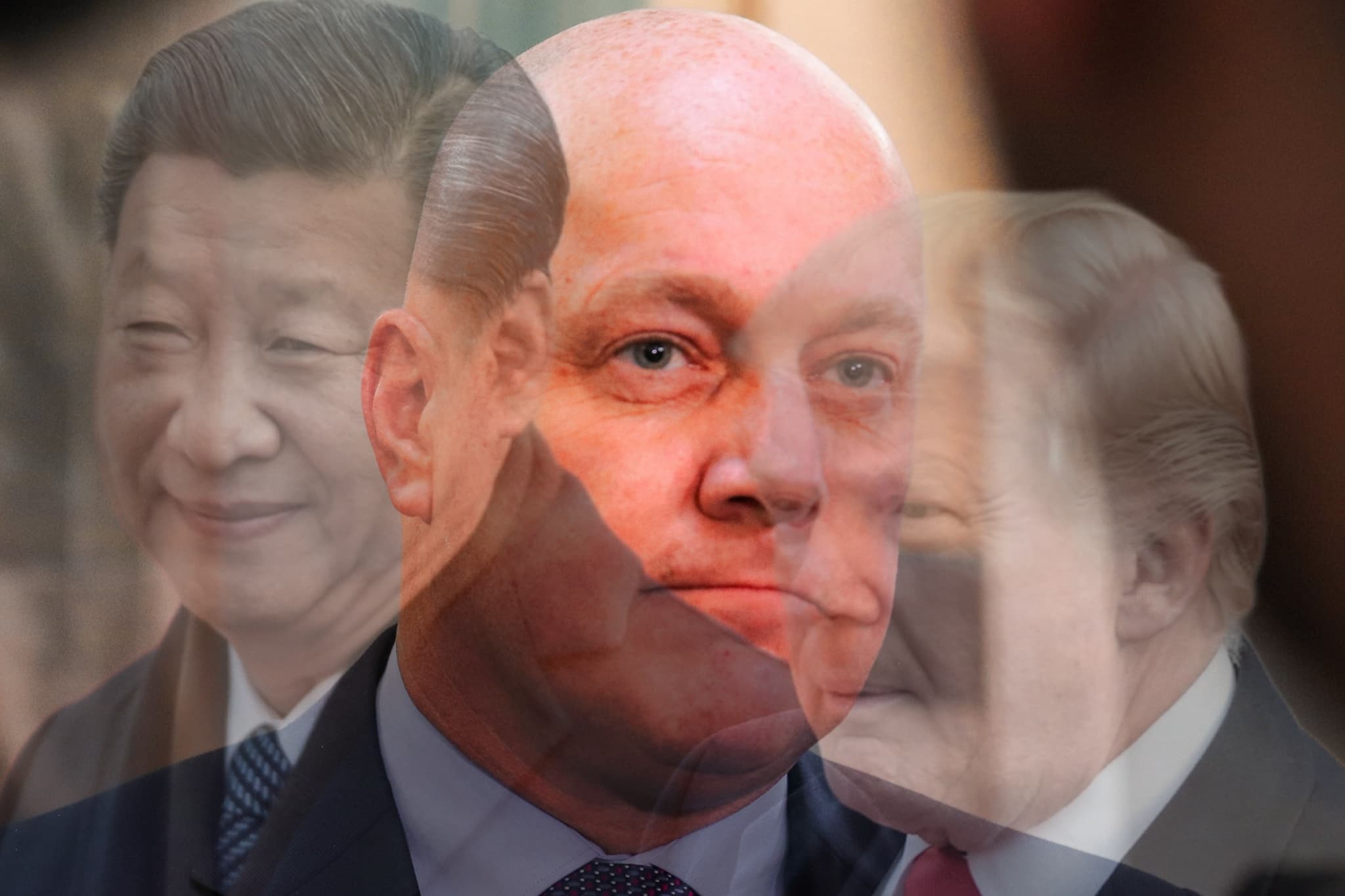As New Zealanders recover from the fierce weather that has lashed much of the country, Prime Minister Christopher Luxon is readying himself for warmer climes that may be tempestuous in other ways.
On Sunday, Luxon will fly out for a week-long trip to attend two significant summits in Asia, at a time when the world is grappling with numerous challenges.
First up is the East Asia Summit in Malaysia (part of a wider array of events hosted by the Association of Southeast Asian Nations, or Asean) followed by the economically focused Apec summit, this year being hosted by South Korea.
Speaking to Newsroom ahead of his trip, Luxon says his attendance at the summits fits well with the coalition Government’s view of the Indo-Pacific as an important part of New Zealand’s future.
“Between Asean countries and Apec membership, that’s about 60 percent of the global economy. Nine of our top 10 trading partners are in those forums, are in the region … so it’s a really important opportunity for us to continue to grow trade.”
Having just signed a new comprehensive strategic partnership with Singaporean Prime Minister Lawrence Wong during an Auckland visit this month, Luxon is set to ink a similar deal with the Asean bloc as a whole, making New Zealand one of just seven countries to have such comprehensive deals.
“Obviously, many are much larger than us and so that just puts us at the top tier, and the top table – that’s really important in a world that’s increasingly volatile.”
Other smaller but still significant agreements loom too, including an agreement with Malaysia around halal standards allowing greater access for New Zealand meat exports; “Red meat around the world has gone off, and there’s just not enough … so there’s a lot of opportunity for us,” the Prime Minister says.
Trade wins will also be on the mind of United States President Donald Trump, set to attend proceedings as part of a wider trip through Asia (his first tour of the region since returning to office).
Dr Orson Tan, a senior research fellow at the Christchurch-based Institute for Indo-Pacific Affairs, says Trump’s tariffs will be at the top of the agenda for the Asean nations, many of whom have been hit hard.
“If you think about the tariffs the US has imposed on the rest of the world, some of the highest tariffs come from the Southeast Asian countries … I think [Malaysian Prime Minister] Anwar [Ibrahim] will have that juggling act in trying to bring the US to the table and get them to negotiate with Asean as a collective bloc, not just bilaterally with the individual countries.”
That desire for collective negotiations is largely a matter of principle, Tan says, with Asean keen to maintain its relevance even as individual countries try to strike their own deals with Trump.
The unique gravitational pull of American presidents in general, and Trump in particular, is likely to carry through to Gyeongju, even though the President is unlikely to attend the leaders’ summit itself.
Canada and South Korea are among those reportedly keen to strike trade deals with the US while at Apec – but it is the prospect of a meeting between Trump and Chinese President Xi Jinping in Korea that has the world on tenterhooks, given the ongoing tariff war between the two superpowers and the flow-on effects for the wider world.
‘Anything that gives an avenue for leaders to get together in smaller intimate settings – either to be able to force bilateral conversations or multilateral ones – it’s always very advantageous and can never be underestimated.’
Prime Minister Christopher Luxon
While Trump has proclaimed the two leaders can reach a deal on “everything” – ranging from soy beans to nuclear weapons – the Chinese have been more circumspect, with the country’s foreign ministry refusing to confirm whether a meeting will take place.
Luxon confirms he will be watching any such meeting with a keen eye, given the “second- and third-order implications” of the two countries’ tariff arrangements.
“Dialogue’s always good, and these leaders’ forums are really quite cool because you’re talking to leaders who are wrestling with the same things that you are as a leader, and there’s very good relationships and real conversations that take place often without officials over informal dinners.”
He is more coy about whether he is hopeful of formal or informal meetings with either Trump or Xi, saying of bilateral engagements: “None of us lock them in until we lock them in.”
For his part, Tan is cautiously optimistic that Trump and Xi can find some common ground at a time when the US and China appear to be “talking over each other” – although nothing is guaranteed given Trump’s volatility.
“From a realistic standpoint, his attitude towards these kinds of meetings are known to kind of blow with the wind.”
There are broader headwinds when it comes to making meaningful progress on trade and security issues at international summits these days, with other world leaders following Trump’s ‘might makes right’ approach to negotiations.
But Luxon remains optimistic, describing “a real commitment of like-minded countries to come together” in his various engagements with international counterparts that can transfer into the conference centres and meeting rooms of Kuala Lumpur and Gyeongju.
“Anything that gives an avenue for leaders to get together in smaller intimate settings – either to be able to force bilateral conversations or multilateral ones – it’s always very advantageous and can never be underestimated.

